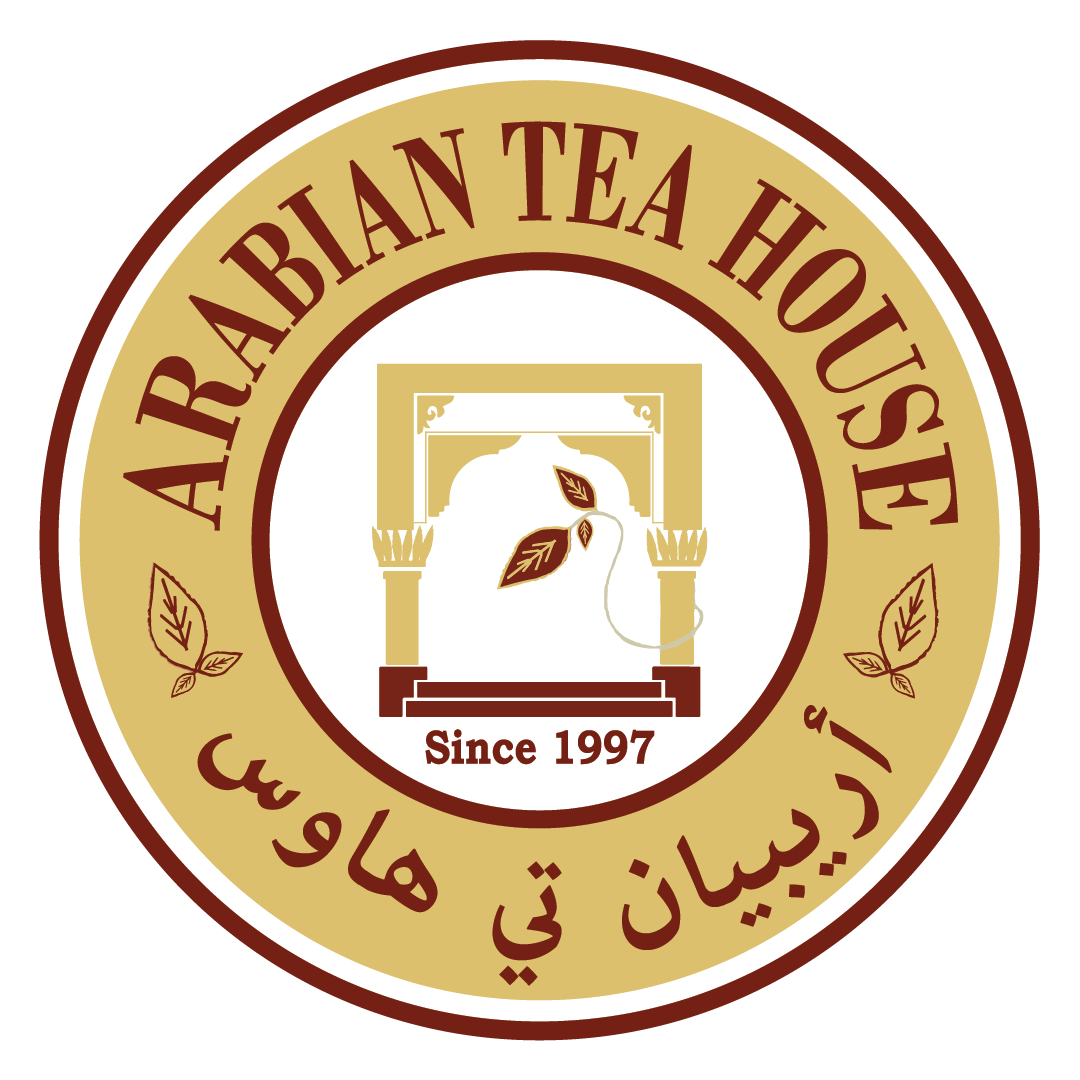Dining in the UAE: Cultural Etiquette You Should Know

Understanding local customs is a key part of respectful travel, and this is especially true when it comes to dining in the UAE. Whether you’re visiting a traditional Emirati restaurant or enjoying a meal in someone’s home, being aware of the cultural norms can enrich your experience and show appreciation for the region’s values.
At Arabian Tea House, we aim to preserve the essence of Emirati hospitality, and we invite guests to experience it firsthand across our UAE branches including Al Fahidi, Mercato Mall Jumeirah, Sharjah, the Archaeological Site, and Jumeirah Beach Kiosk.
1. Greet Before You Eat

When invited to a meal, it’s customary to greet the host and any elders present with warmth and respect. A simple “As-salamu alaykum” (peace be upon you) is appreciated. Handshakes are common among men, and it’s best to wait for a cue when greeting women.
2. Use Your Right Hand

It is traditional to eat, pass dishes, and accept food using the right hand only. The left hand is considered impolite for eating, especially in traditional settings.
At our Sharjah and Archaeological Site branches, where heritage plays a central role in the dining experience, this custom is especially meaningful.
3. Wait for the Elders
In many Arab cultures, especially within the UAE and other Gulf countries, showing respect to elders is a deeply rooted social value — and this extends naturally to dining etiquette. When you’re invited to a meal, particularly in a traditional home or a formal gathering, it is customary and highly respectful to wait until the eldest person at the table begins eating before you take your first bite.
This simple yet powerful gesture reflects much more than patience; it demonstrates honor, humility, and awareness of cultural norms. Elders are often seen as the heads of families or respected figures in the community, and allowing them the privilege of starting the meal first acknowledges their status and experience. It’s a silent way of saying, “I recognize your place, and I value it.
4. Accept What Is Offered
Hospitality is at the heart of Emirati culture, and nowhere is this more evident than at the dining table. When you are offered food or drink during a meal — especially in a traditional Emirati home — it is considered impolite to refuse outright. The act of offering is not just about nourishment; it’s a gesture of warmth, generosity, and honor. Turning it down too bluntly can unintentionally come across as disrespectful or ungrateful.
Even if you are genuinely full, the culturally appropriate response is to accept at least a small portion or to compliment the dish sincerely. A polite way to decline additional servings is by saying something like, “Thank you, I’ve already tasted it and it was delicious,” or “I’ve truly enjoyed it, shukran.” This shows appreciation for the host’s efforts while maintaining grace and respect.
It’s important to understand that in the UAE, and across many Arab societies, food is offered not only to satisfy hunger but to express welcome, build trust, and show affection. Hosts often prepare more than enough, and insistence on second or third helpings is common — not as pressure, but as a way to ensure guests feel valued and well-fed.
5. Dress Modestly
When dining in public or at a traditional restaurant such as Al Fahidi or Mercato Mall Jumeirah, modest dress is appreciated. While not mandatory, it is a gesture of cultural respect.
6. Don’t Rush the Meal
Meals in the UAE are often social occasions, not just nourishment. It is common to enjoy tea or dessert and engage in conversation. At Arabian Tea House, we encourage you to slow down and savor the moment, especially over a warm cup of karak chai.
Frequently Asked Questions
Q1: What is the proper way to eat in traditional Emirati settings?
A: It is common to eat with the right hand, especially with bread or rice. Utensils are also widely used and acceptable.
Q2: Is it rude to say no to a dish?
A: Not necessarily, but refusing in a direct way might come off as impolite. A softer approach is to say you have already tried and enjoyed the dish.
Q3: Is there a dress code at restaurants?
A: Most casual restaurants are flexible, but modest clothing is preferred in traditional venues.
Q4: What drinks are typically served after meals?
A: Karak chai and Arabic coffee are traditional after-meal drinks, often accompanied by dates or sweets.
Q5: Where can I experience authentic Emirati hospitality?
A: Visit any Arabian Tea House branch in the UAE: Al Fahidi, Mercato Mall Jumeirah, Sharjah, the Archaeological Site, or Jumeirah Beach Kiosk.
